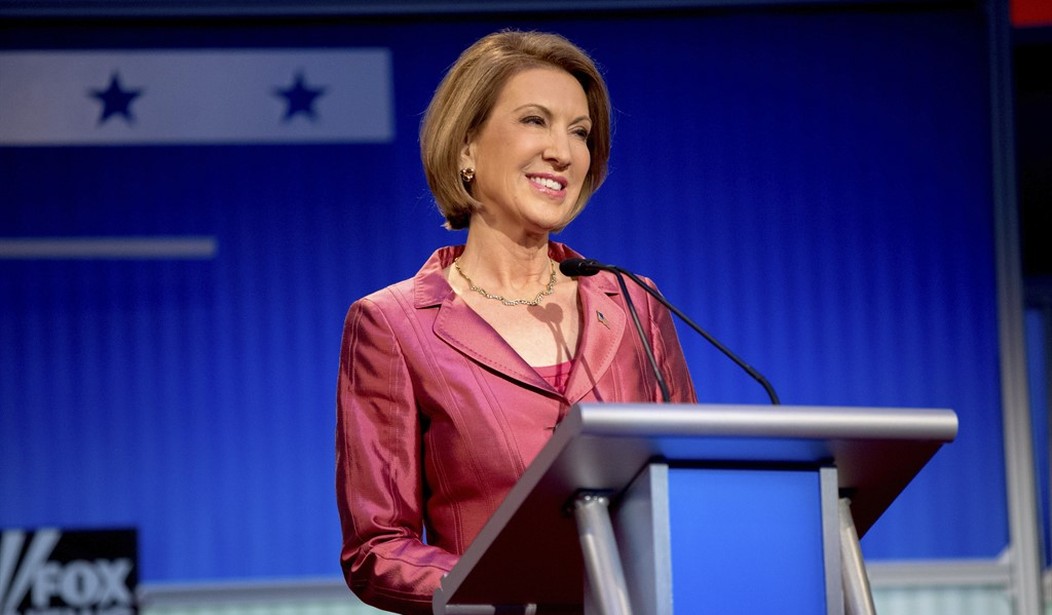While the Republican National Committee might have limited the number of debates in this season's primary process, the candidates' performances during the first debate ensured that they would still carry great weight. With Donald Trump as the current leader of the field, this might be considered the first reality-TV primary.
The first Republican debate for the 2016 nominee was held last week on Fox News. Moderated by Martha MacCallum and Bill Hemmer, it featured Rick Perry, Rick Santorum, Bobby Jindal, Carly Fiorina, Lindsey Graham, George Pataki and Jim Gilmore, and drew 6.1 million viewers.
The prime-time debate, moderated by Bret Baier, Megyn Kelly and Chris Wallace, included Donald Trump, Jeb Bush, Scott Walker, Mike Huckabee, Ben Carson, Ted Cruz, Marco Rubio, Rand Paul, Chris Christie and John Kasich, and drew 24 million viewers.
Four years ago, according to CNNMoney, the first GOP debate drew 3.2 million viewers, and the most-watched debate (on ABC) drew 7.6 million viewers. So while this cycle may include fewer debates overall, it has already elicited more interest from potential voters. For that, we can presumably thank the fact that the current field includes some interesting candidates.
Among the most interesting -- and in my mind the clear winner of the first debate -- was Carly Fiorina. She was optimistic overall, assertive without being aggressive, knowledgeable without being wonky, and clearly articulated the vast difference between progressivism and conservatism.
Fiorina, echoing Ronald Reagan and Jeane Kirkpatrick, was firm on foreign policy and articulated her understanding of the importance of American leadership: "When America does not lead, the world is a dangerous and a tragic place."
Channeling Margaret Thatcher, and her rise from a grocery girl, Fiorina talked about her background as a secretary, then translated the policy of conservatism into human rather than economic terms. "I am a conservative because I believe no one of us is any better than any other one of us," she said. "Progressives don't believe that. They believe some are smarter than others, some are better than others, so some are going to need to take care of others."
Recommended
Finally, she laid out clearly the problem of too much government and the reality versus the intent of large government institutions. "We have arrived at a point in our nation's history where the potential of this nation and too many Americans is being crushed by the weight, the power, the cost, the complexity, the ineptitude, the corruption of the federal government."
The second debate, while dominated by Trump, provided Rubio a time to shine, and allowed Paul's acts of desperation to overshadow his libertarian leanings. Jeb Bush, the lead fundraiser in the race, intelligently flew under the cover of Trump's ego and managed to answer questions without misspeaking, which was all he needed to do.
A Rasmussen Reports survey, released this Tuesday, backs up what was seen on stage. The results: "Trump with 17 percent support among Likely Republican Primary Voters, down from 26 percent in late July before the first GOP debate." Rubio and Bush were in second place with 10 percent; Fiorina and Walker each earned 9 percent; and Carson and Cruz each earned 7 percent.
It will be interesting to see if the next debate, to be held September 16 on CNN, draws as large a crowd and provides as much drama. Again, the candidates will be split into two groups. The top group will be composed of the top 10 candidates -- as determined by an average of all qualifying polls released between July 16 and September 10.
Note that the time frame for qualification in the top 10 began before the last debate. This might help moderate the impact of large swings in the polls, but the shorter tiebreaker time frame might help those -- such as Fiorina -- who have recently gained momentum.
As always, as a candidate's poll numbers go up, so increases the pressure and scrutiny from the news media. It will be interesting to see if Fiorina can withstand the heat while using her new momentum to raise money and inspire others to join her on her quest to unlock the potential of America. Or perhaps Trump -- the man who thinks so much of himself that he has affixed his name to 268 businesses -- will continue to draw the lion's share of the attention by treating the debate as reality politics.

























Join the conversation as a VIP Member